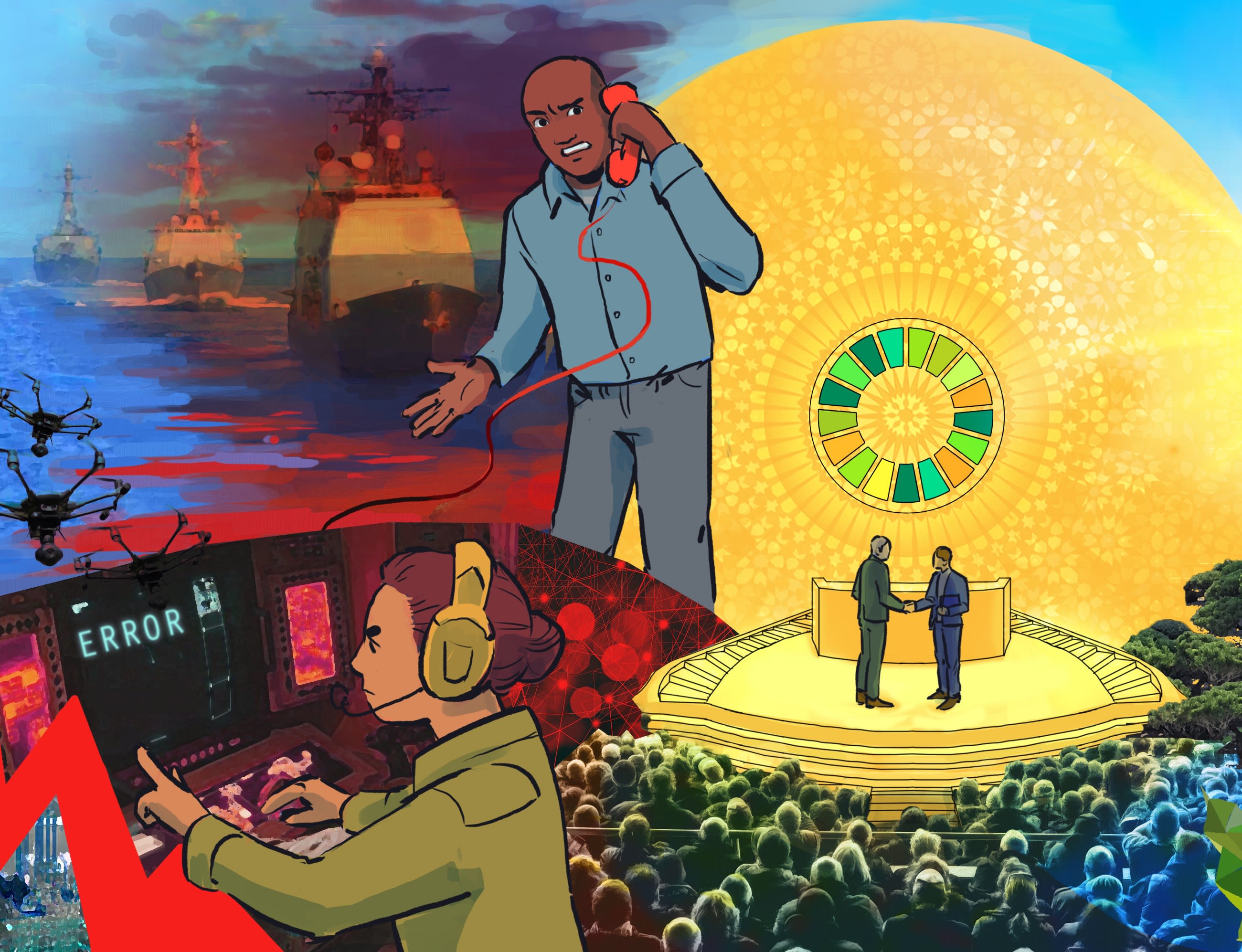"What if we could redesign society from scratch? The promise of charter cities." [Rational Animations video]
In this video, we describe a speculative but promising idea to boost economic growth: giving cities the ability to write some of their own laws and design their own institutions, independently from their parent countries. Jackson Wagner, the first author of this post, has written the script. Writer, the second author, has given feedback. Below, you can find the script of the video. Introduction When you think about ways to help people in developing countries, you probably think of international aid -- providing medical supplies, or coordinating disaster relief, or even just giving cash, like we discussed in our recent video about global poverty. These things are great, and this kind of charitable aid saves lives every day. But there’s something a little curious here, because these interventions AREN’T what helped the world’s most prosperous countries succeed in the first place. Up until the 1700s, essentially the entire population of the planet lived in poverty. That started to change during the industrial revolution, when humanity developed more efficient, mechanized ways of producing goods and capturing energy. Hundreds of millions of people were able to live better lives thanks to economic growth -- learning to use technology to more efficiently grow food, make clothes, and get from place to place. The overwhelming importance of economic development remains true in modern times -- by far the greatest ongoing reductions in poverty and suffering are coming not from international aid projects, but from development, as low-income countries find new ways to do things more efficiently and climb the ladder of technological advancement. For example, in the year 1960, Singapore was a poor and undeveloped country, producing only $428 per citizen. Today, Singapore’s economy has grown by many times, to around $83,000 per person. Concurrently, Singaporeans’ life expectancy has climbed from 65 years to 85 years, and the





But hollywood also depicts lasers in this way. Wheras the spherical-white-explosion motif seems uniquely Japanese; you don't see it in western media.